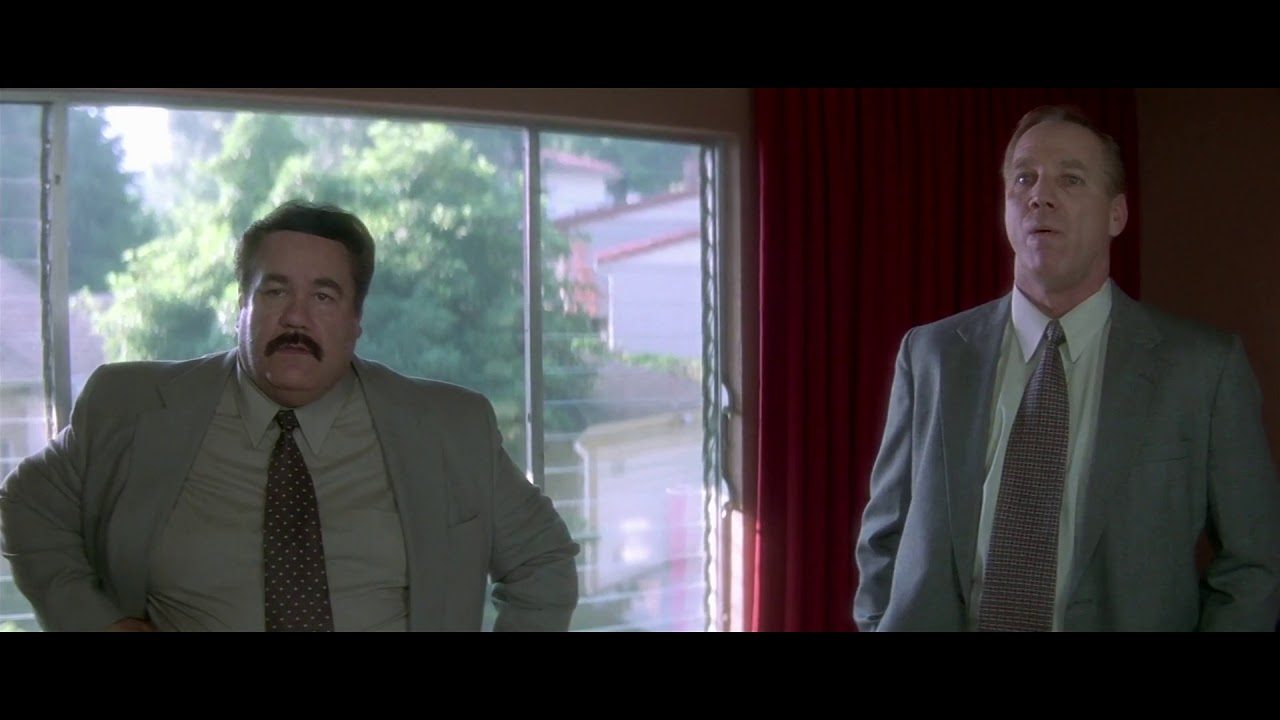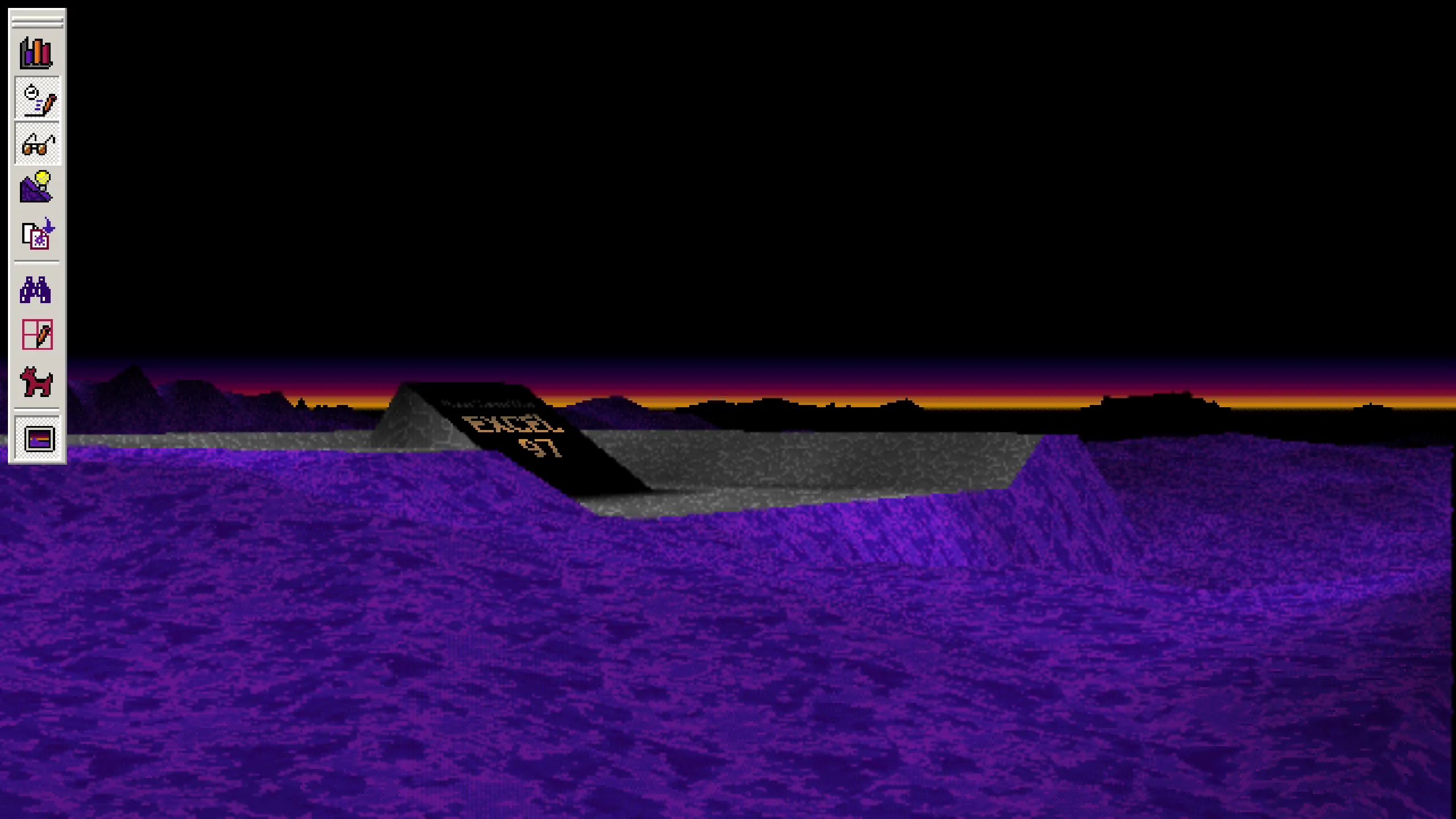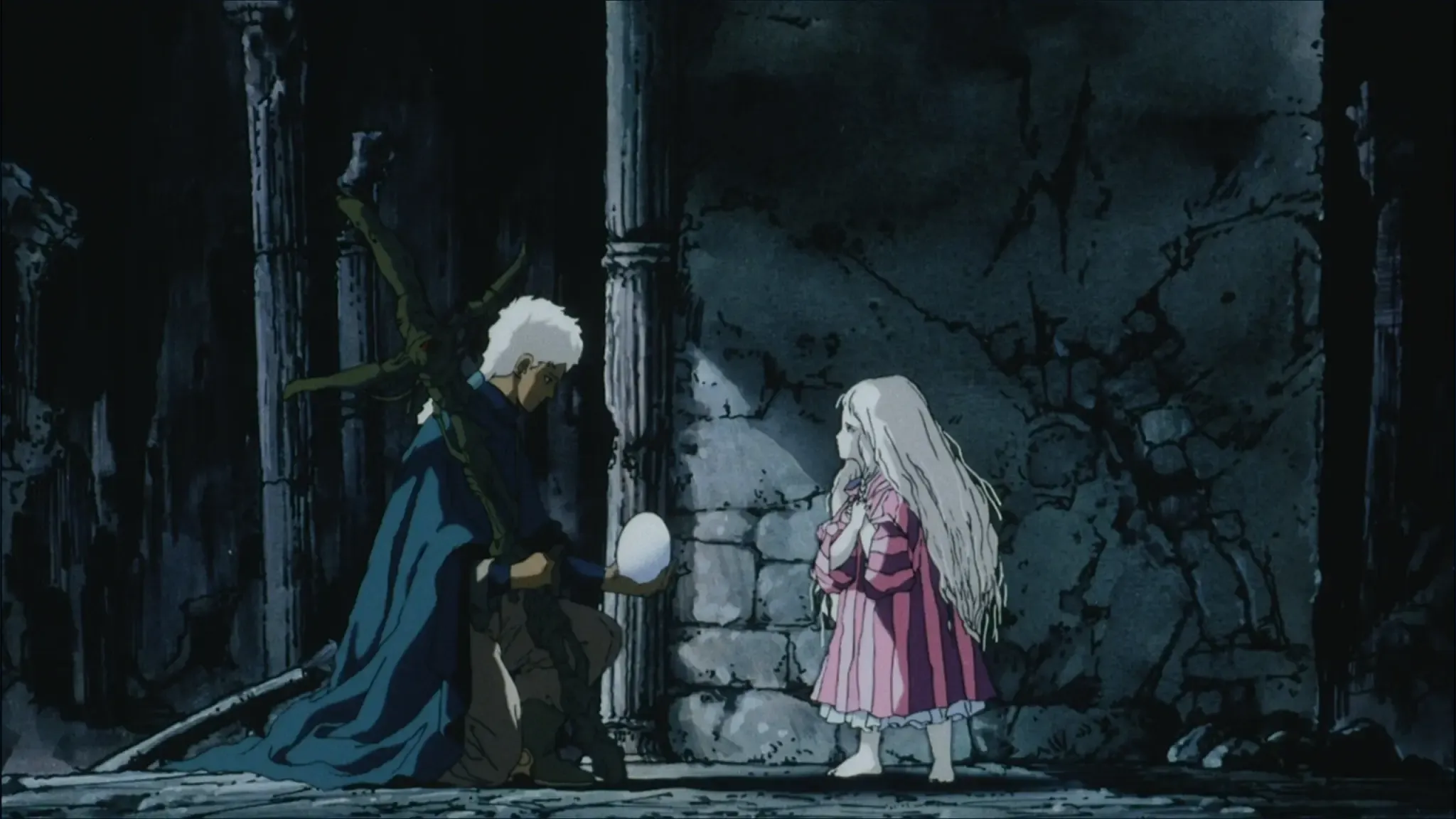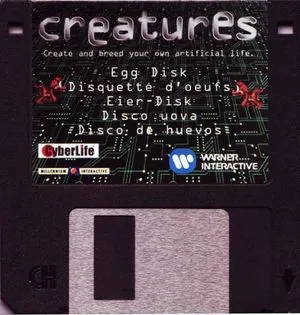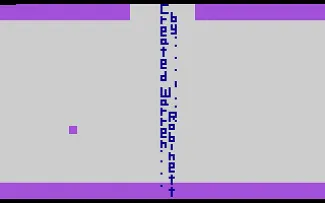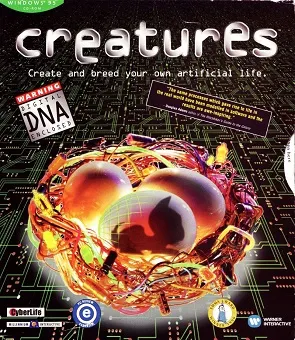
To contribute to this issue, consider your own relationship with representation. How faithfully do your Kinopio spaces capture your thoughts? What transformations occur in the process of externalization? What essential qualities remain stubbornly beyond representation?
An online & multiplayer zine about Kinopio’s culture & community.
Status:
Submission deadline: June 1st, 2025.
Borges imagined “… an empire where cartography becomes so exact that only a map on the same scale as the empire itself will suffice.”
Collect · Connect · Create
Submission guidelines
Share a thought with a card below 👇
Welcome to the second issue of Spirit of Kinopio, where we examine the tools we use to reflect, map, and capture our thinking – and the beautiful distortions that make them uniquely human.
Perhaps the most valuable insights emerge not from perfect fidelity but from creative tension – the space between reality and representation where meaning takes shape.
In our Kinopio spaces, we face these questions daily. Our spatial arrangements of thoughts are maps of our minds, attempting to reflect neural connections through visual proximity. We capture conceptual snapshots, freezing fluid thoughts into cards. We hold mirrors to our thinking processes, hoping to see ourselves clearly.
But is any representation truly faithful? Can we ever capture the world without imposing our perspective?
In our endless quest to capture reality, we humans have created tools that promise objectivity. The mirror reflects without interpretation; the map translates terrain into navigable symbols; the photograph freezes a moment exactly as it appeared. Each claims to show things “as they truly are” – a perfect representation of reality.
“The mirror, the map and the photograph have all at one time or another served as emblems of the yearning for a representation so faithful and so complete that it can’t be distinguished from what it represents.” — Lorraine Daston
Spirit of Kinopio
This paradox illuminates our relationship with Kinopio spaces. Like maps, our digital gardens represent mental territories – but their value lies precisely in what they exclude and simplify. A thought space that captured every neural connection, every fleeting association, every subconscious link would be as unwieldy as Borges’ empire-sized map.
Borges’ miniature masterpiece presents the paradox of perfect representation: a map that achieves complete fidelity becomes utterly useless and is abandoned by the next generation to the “Inclemencies of Sun and Winters”.
Contributors will receive a coupon for 2 free months off a new, or existing, Kinopio subscription.
Objective reality vs subjective experience.
“I like to remember things my own way… not necessarily the way they happened.” — Fred Madison (Bill Pullman), in Lost Highway (David Lynch, 1997)
Sparked by Thibault Malfoy, cultivated by many.

